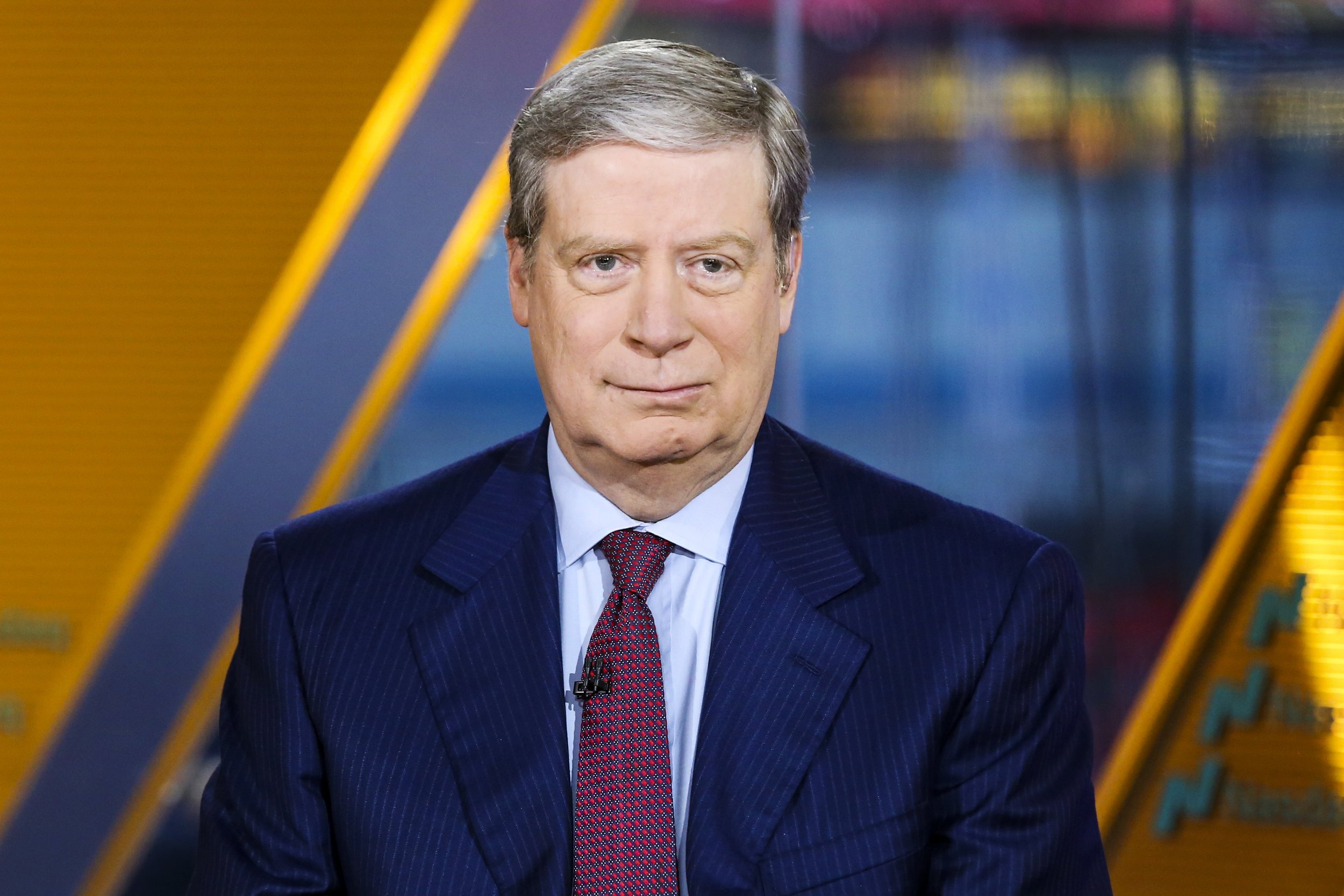Stanley Druckenmiller Biography: Inside the Mind of a Market Genius
Quick Facts:
Date of Birth: 14 June 1953 (age 71 years)
Nationality: American
Real Time Net Worth: 6.9 billion USD - Source: Finance Monthly
Residence: United States
Early Life and Education
Stanley Druckenmiller didn’t grow up with wealth. Born in 1953 in Pittsburgh, his early life was shaped more by emotional resilience than financial privilege. After his parents split when he was still a kid, Stanley went to live with his dad, a chemical engineer, while his sisters stayed with their mom. That split upbringing gave him a quiet toughness—and maybe a bit of that loner’s instinct that later showed up in his trading.
He went to the Collegiate School in Richmond, Virginia, and eventually found himself at Bowdoin College in Maine. Odd combo of majors: English and economics. Not exactly the usual Wall Street track, but it suited him. He liked stories—and patterns. While there, he even started a hot dog stand with a friend (who’d later advise a president). It wasn’t glamorous, but it taught him how to take a risk and make it work. He tried grad school at Michigan for a while, started a PhD in economics, then walked away to work as an oil analyst. No dramatic reason. He just felt ready to get moving.
Career Beginnings
His first real job in finance was at Pittsburgh National Bank. Not flashy, but solid. Within a year, he was running the research department. He wasn’t loud or particularly showy—but he saw things in numbers that others didn’t.
By the time he started Duquesne Capital in the early ’80s, he was still under the radar. But those who knew him already talked about his knack for timing and his almost obsessive focus. Then came the call from George Soros.
Rise to Wealth
Joining Soros at Quantum Fund was the moment Druckenmiller went from brilliant to legendary. In 1992, he helped engineer the trade that “broke the Bank of England”—shorting the British pound and pulling in over $1 billion in profit. It was bold. Risky. But it worked.
After that, he was unstoppable. Running Duquesne Capital for nearly 30 years, he posted average annual returns of 30%. He never had a losing year. Let that sink in. In a world where even the best hedge funds take hits, he didn’t. That’s not just luck. That’s focus, and more than a little intuition.
How He Made His Fortune
Stanley Druckenmiller didn’t just build a fortune—he built one of the most quietly dominant careers in hedge fund history. His wealth, now estimated at $6.9 billion, began with a research job at Pittsburgh National Bank but truly took off when he launched Duquesne Capital in the early 1980s and later joined forces with George Soros at the Quantum Fund.
His breakout moment? The legendary 1992 trade that shorted the British pound and made over $1 billion in profit—a move that earned him global respect almost overnight. But that wasn’t a fluke. For nearly 30 years, Duquesne Capital averaged 30% returns annually without a single losing year. In the hedge fund world, that’s unheard of.
Druckenmiller didn’t rely on buzz or hot tips. He made his money by spotting big-picture economic shifts early, betting big when he had conviction, and cutting losses fast when the winds changed. From early tech plays in the 2000s to capitalizing on the AI boom with Nvidia and Palantir, he stayed ahead of trends—and exited before they peaked.
Today, he runs the Duquesne Family Office, where he still actively trades, often beating the market with the same calm intensity that made him a legend.
Major Achievements
The pound short may be his most famous trade, but Druckenmiller’s real achievement is his consistency. Through market crashes, bubbles, and booms, he kept winning. He spotted trends before they became headlines—and he acted fast.
Lately, he's shown he hasn’t lost his touch. He bought into Nvidia and Palantir early, riding the AI wave. Then he sold both—with strong gains—just before analysts started warning the stocks were overheated. His Nvidia exit raised some eyebrows, but he owned it. “Maybe I sold too soon,” he admitted. That kind of honesty is rare in his world.
Soros has taught me that when you have tremendous conviction on a trade, you have to go for the jugular. It takes courage to be a pig. It takes courage to ride a profit with huge leverage. - Stanley Druckenmiller
Philanthropy and Social Impact
Druckenmiller gives big—but he does it thoughtfully. He and his wife Fiona have pledged over $1 billion to causes they believe in. Not for show. Not for tax write-offs. They want results.
He’s focused on education, poverty, and neuroscience research. He backs groups like the Harlem Children’s Zone and Robin Hood Foundation. And he’s not afraid to ask hard questions about what works and what doesn’t. He treats philanthropy the same way he treats investing: with precision.
Personal Life and Interests
Stanley keeps a low profile. He’s not the billionaire flying private jets to the Met Gala. You’re more likely to find him on a golf course or reading something obscure about behavioral psychology.
He’s been married for years, has a family, and values his privacy. He’s said before that his biggest lessons didn’t come from the wins—they came from the trades that stung. He’s not chasing attention. He’s chasing understanding.
Business Philosophy and Strategies
Druckenmiller’s strategy is simple—on paper. Bet big when you see a real edge. Don’t diversify just to feel safe. And get out when the story changes.
He doesn’t believe in playing it safe for safety’s sake. He’ll go all-in on a macro trend and ride it hard—but he’s also the first to cut losses when things turn. He watches markets like a chess board: everything connects, and he always plans a few moves ahead.
Challenges and Controversies
No scandals. No court cases. But that doesn’t mean it’s been smooth sailing. In 2000, he misread the tech crash and took a hit trying to catch a falling knife. He’s called it one of his worst trades.
In 2024 and 2025, some questioned why he sold off Nvidia and Palantir so early, especially when both kept rising. But Druckenmiller doesn’t trade on public sentiment—he trades on conviction. And sometimes that means walking away from a win before it finishes playing out.
Current Focus and Future Plans
Now running the Duquesne Family Office, Druckenmiller is still very much in the game. He’s keeping a close eye on AI, global debt, and the direction of U.S. fiscal policy. He's made it clear he's worried about how much money the government is printing—and how long markets can ignore it.
He’s not chasing headlines or running a fund for outsiders anymore. But he’s still studying markets every day, looking for the next big dislocation—the kind most people miss until it’s too late.
Stanley Druckenmiller may not be the loudest billionaire in the room. But he’s usually the one with the sharpest read on where things are really going.













